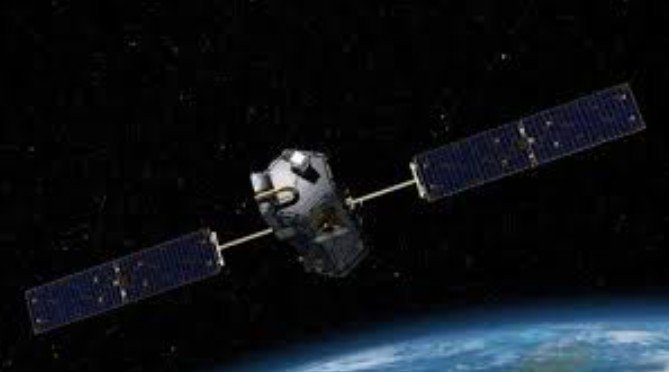
The Trump administration is moving to end two NASA missions that track carbon dioxide levels and plant health, potentially cutting off vital data for scientists, farmers, and policymakers amid a warming planet.
The administration’s proposed 2026 budget includes no funding for the Orbiting Carbon Observatories — a free-flying satellite launched in 2014 and an instrument attached to the International Space Station in 2019. Both have played a crucial role in detecting carbon emissions and monitoring global vegetation, especially during droughts.
NASA said Wednesday that the missions were “beyond their prime mission” and being phased out “to align with the President’s agenda and budget priorities.” But critics say the technology, some of which was adapted from the Hubble Space Telescope, remains more advanced than any other system currently operating or in development.
“These missions are a national asset,” said David Crisp, a retired NASA scientist who led their development. “We’re learning so much about this rapidly changing planet.”
The data has revealed major climate insights — for example, that the Amazon rainforest emits more carbon than it absorbs, while northern boreal forests in melting permafrost zones are absorbing more than previously thought. The observatories also measure photosynthesis in plants, helping predict droughts and food shortages.
Climate scientists and researchers condemned the plan.
“This is extremely shortsighted,” said Jonathan Overpeck, a University of Michigan climate expert. “These satellites provide critical observations for managing climate change impacts, including in the U.S.”
Congress now holds the missions’ fate. While the House version of the 2026 budget follows the administration’s lead in eliminating funding, the Senate version preserves it. With Congress currently in recess and the fiscal year ending Sept. 30, the outlook is uncertain.
If no budget is passed before Oct. 1, lawmakers could approve a stopgap measure to maintain current funding. Still, there are concerns the administration may attempt to delay or withhold funds already approved — a move Democratic lawmakers have warned could be illegal.
Experts say the proposed cuts are consistent with the administration’s broader efforts to suppress climate research.
“The principle seems to be that if we stop measuring climate change, it will just disappear from the American consciousness,” said climate scientist Michael Mann of the University of Pennsylvania.
As a fallback, Crisp and other advocates are seeking outside support to continue operations, particularly from international partners like Japan and Europe. NASA said it would accept outside proposals for the ISS-based instrument through August 29. However, transferring control of the free-flying satellite to foreign or private entities raises legal and logistical hurdles.
Crisp remains skeptical of outsourcing the missions.
“We’re going out to billionaires. We’re going out to foundations,” he said. “But it’s a really bad idea to try and push this onto private donors or companies. It just doesn’t make sense.”
 Weekly Bangla Mirror | Bangla Mirror, Bangladeshi news in UK, bangla mirror news
Weekly Bangla Mirror | Bangla Mirror, Bangladeshi news in UK, bangla mirror news







